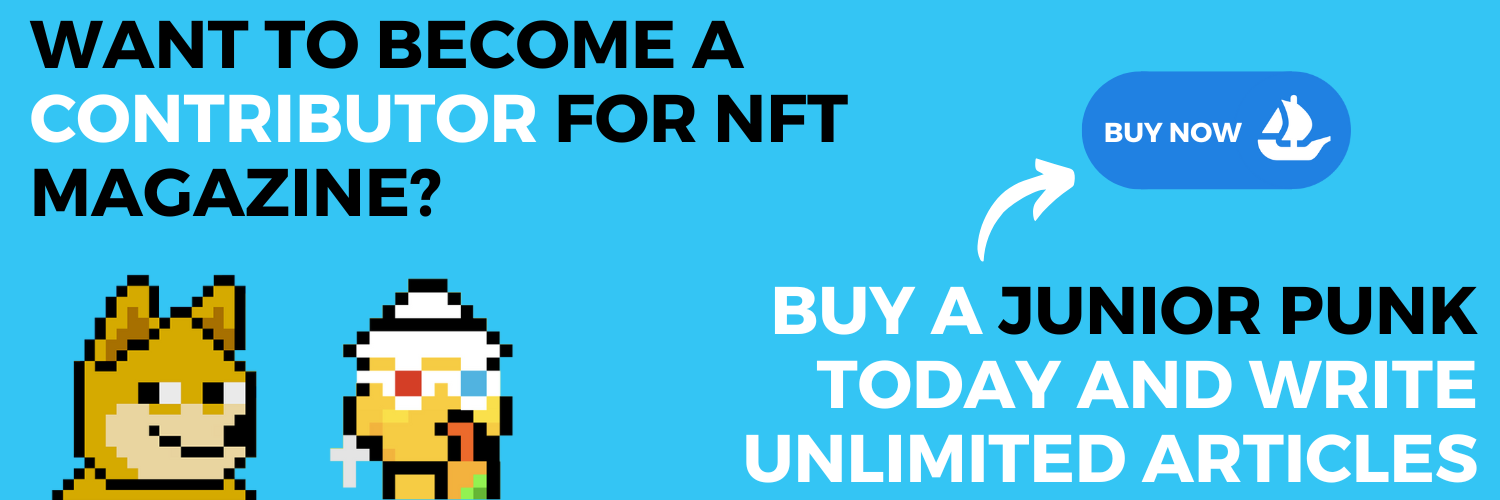In the NFT sector, creator royalties are in danger, particularly on Solana, where practically every marketplace with any considerable market share has ceased demanding traders to pay the costs. Magic Eden, the top Solana marketplace, has recently made a move toward developing a more robust way to enforce creative royalties.
The $1.6 billion firm today unveiled the Open Creator Protocol (OCP), an open-source platform that new Solana NFT project developers may use to guarantee that royalties are paid each time their assets are sold on secondary markets. It is based on the SPL token standard for NFTs on Solana currently used by Metaplex.
On NFT trades, creator royalties are charges that are normally covered by the seller. The money are sent to a digital wallet under the management of the NFT project’s developers, and they are commonly set between 5% and 10% of the sale price. For NFT initiatives that produce a sizable amount of secondary trading activity, these fees can be a valuable source of income.
Magic The latest Ethereum toolset from OpenSea looks to have a similar philosophy to Eden’s OCP, which enables NFT developers to prohibit markets who refuse to fulfill royalty fees on qualified assets. To put it another way, if a market refuses to enforce royalties for OCP-enabled NFTs, that platform will be added to the OCP blocklist and those NFTs won’t be able to be traded through it.

According to Magic Eden CEO Jack Lu, “Creators have the option to adopt the Open Creator Protocol, which will allow them to use the protocol to protect their royalties and create their own rules of their collection’s trading,” Only authors introducing new collections will have access to this, but we believe many of them will choose to use the protocol.
Lu stated that although Magic Eden would have a list of prohibited marketplaces, producers will also have the option to alter the list. Any Solana NFT marketplace that wants to respect royalties on OCP projects can support the open-source technology, which will be made accessible to artists on Friday.
Up until mid-October, Magic Eden upheld creator-set royalties. However, a wave of competing Solana NFT markets started rejecting royalties or making them optional for traders, which led to more money being retained by sellers. Magic Eden decided to make royalties optional for customers to pay, much like a tip for creators, in response to a declining market share in the Solana NFT arena.
The top overall marketplace OpenSea said in early November that it was mulling a similar move, and Ethereum NFT platforms started to follow suit as well. However, in response to criticism from creators, OpenSea declared that it will continue to pay royalties on already-published collections and on future projects that make use of their Ethereum blocklist tool. Since then, rival marketplace X2Y2 has adopted a similar strategy.

Magic However, the market has not changed its position on optional royalties for older projects, thus Eden’s new tool only benefits authors who use it for recently released products. The company had already committed $1 million to the creation of tools for enforcing royalties, and Lu mentioned that authors might decide to re-mint products utilizing OCP if they so desired.
Naturally, it’s not required—only it’s an option in the interest of finding answers, Lu said. While for some designers it could seem frightening, some are unafraid, and we look forward to collaborating with them.
Independent of Metaplex, which is creating its own brand-new Solana NFT asset class that enforces royalties, Magic Eden created the OCP tool. In light of the fact that Metaplex’s new standard won’t be available until Q1 2023, Lu stated that the team has been in contact with Metaplex and has already given the tool.
“We don’t anticipate that our protocol and what Metaplex intends to implement will clash in any way. Lu stated, “We want creators to have as many options as possible. Both will enable moving existing collections. “Our objective is for the ecosystem to solidify a standard that any company may without reservation build on top of.”
Magic Eden claimed the OCP toolset also gives designers access to more features. One feature is a dynamic royalty option that employs a linear pricing curve to lower the overall charge consumers must pay for more expensive NFTs, perhaps making royalties for expensive purchases seem less onerous.
Creators can also establish limitations depending on NFT metadata, or information that describes an asset’s distinctive characteristics, or the total number of NFTs that have been exchanged in a collection so far. Examples of these features include whether NFTs can be sold again before the original mint period expires. Such choices, according to Magic Eden, may present NFT developers with potential for “gamification.”
Follow us on Twitter and Instagram for rapid updates on breaking stories + giveaways!



